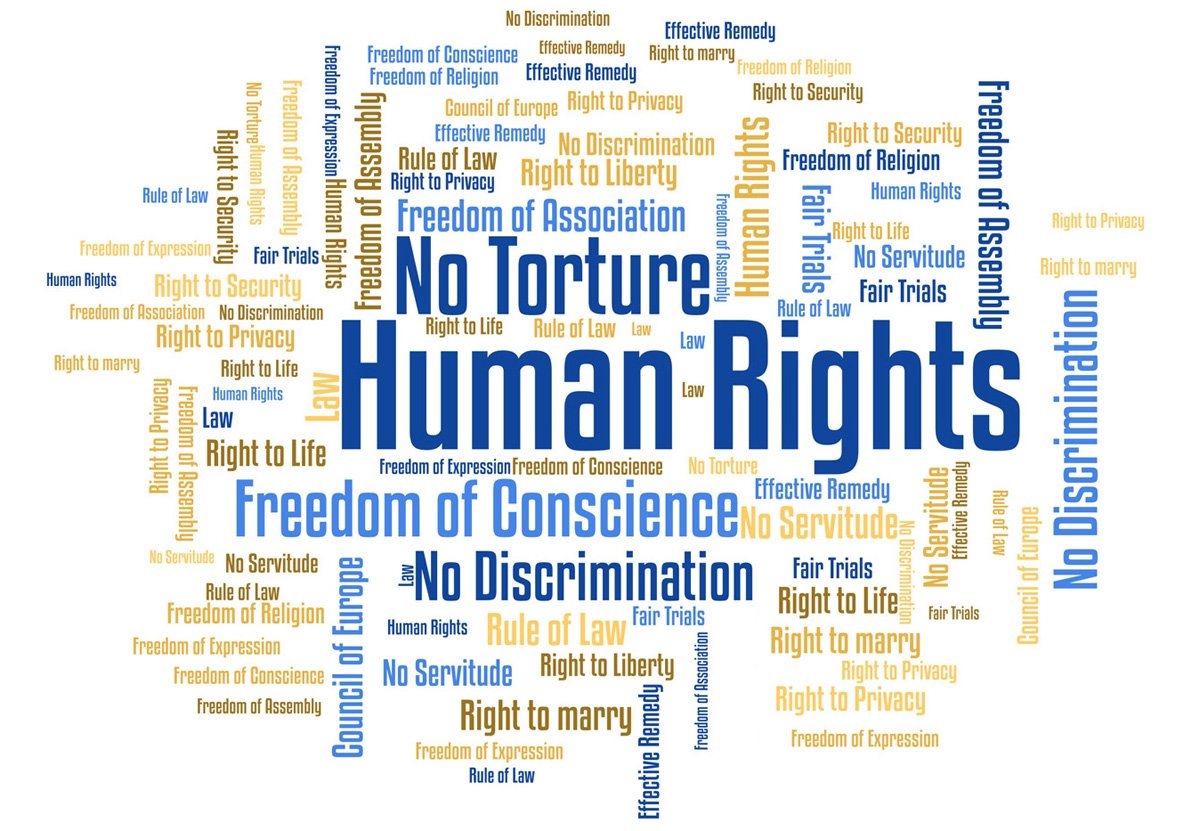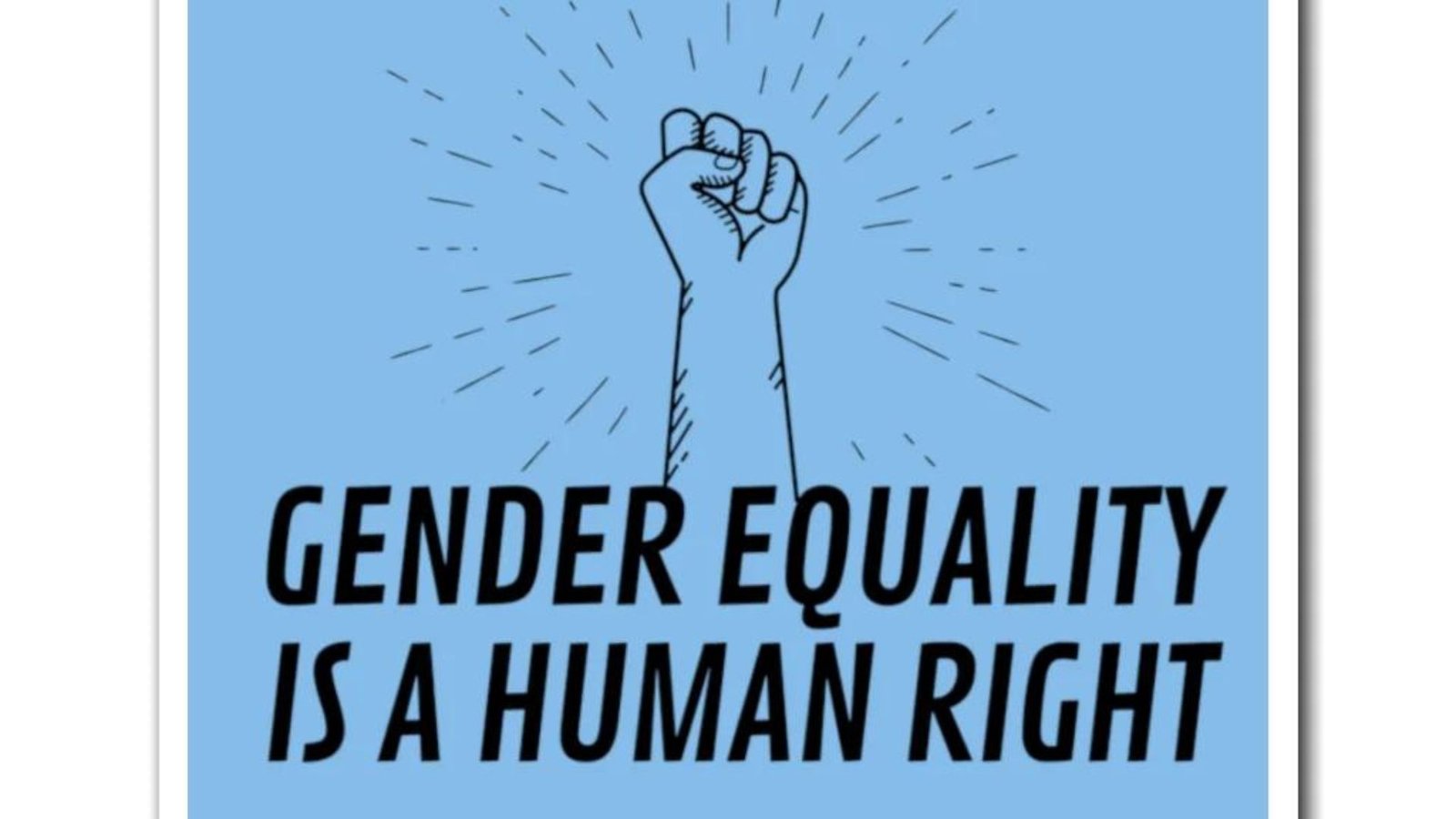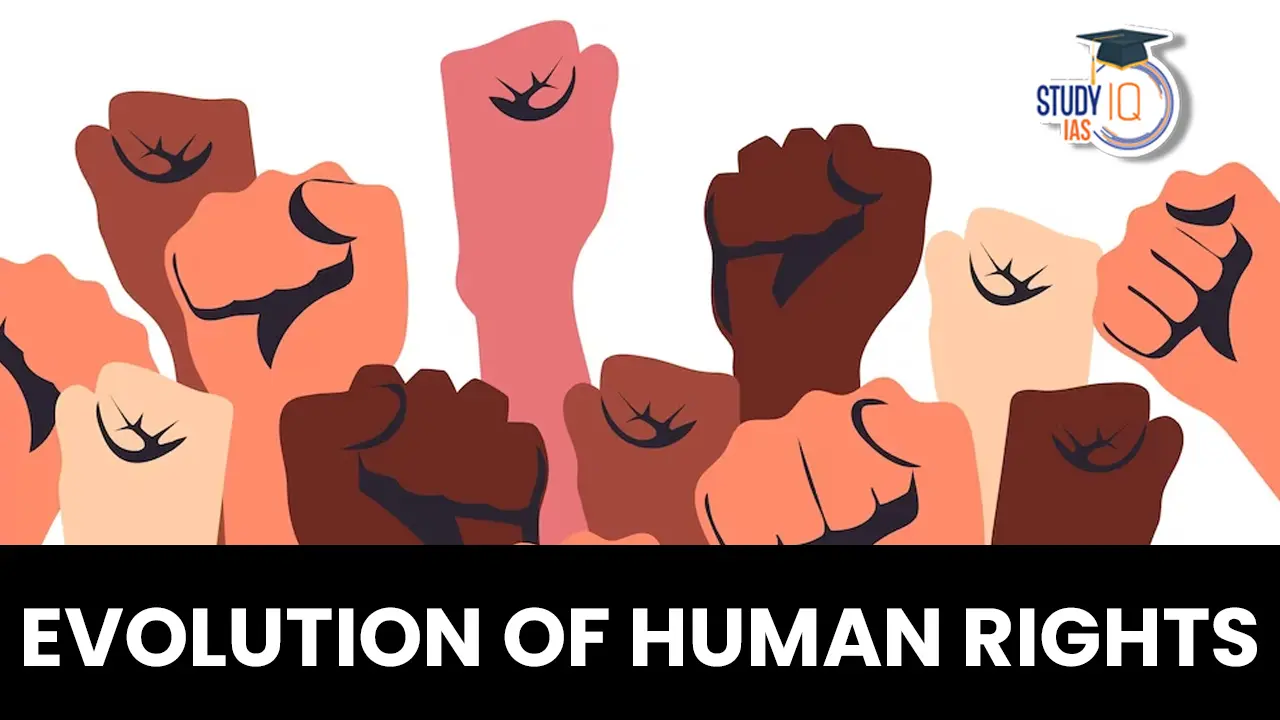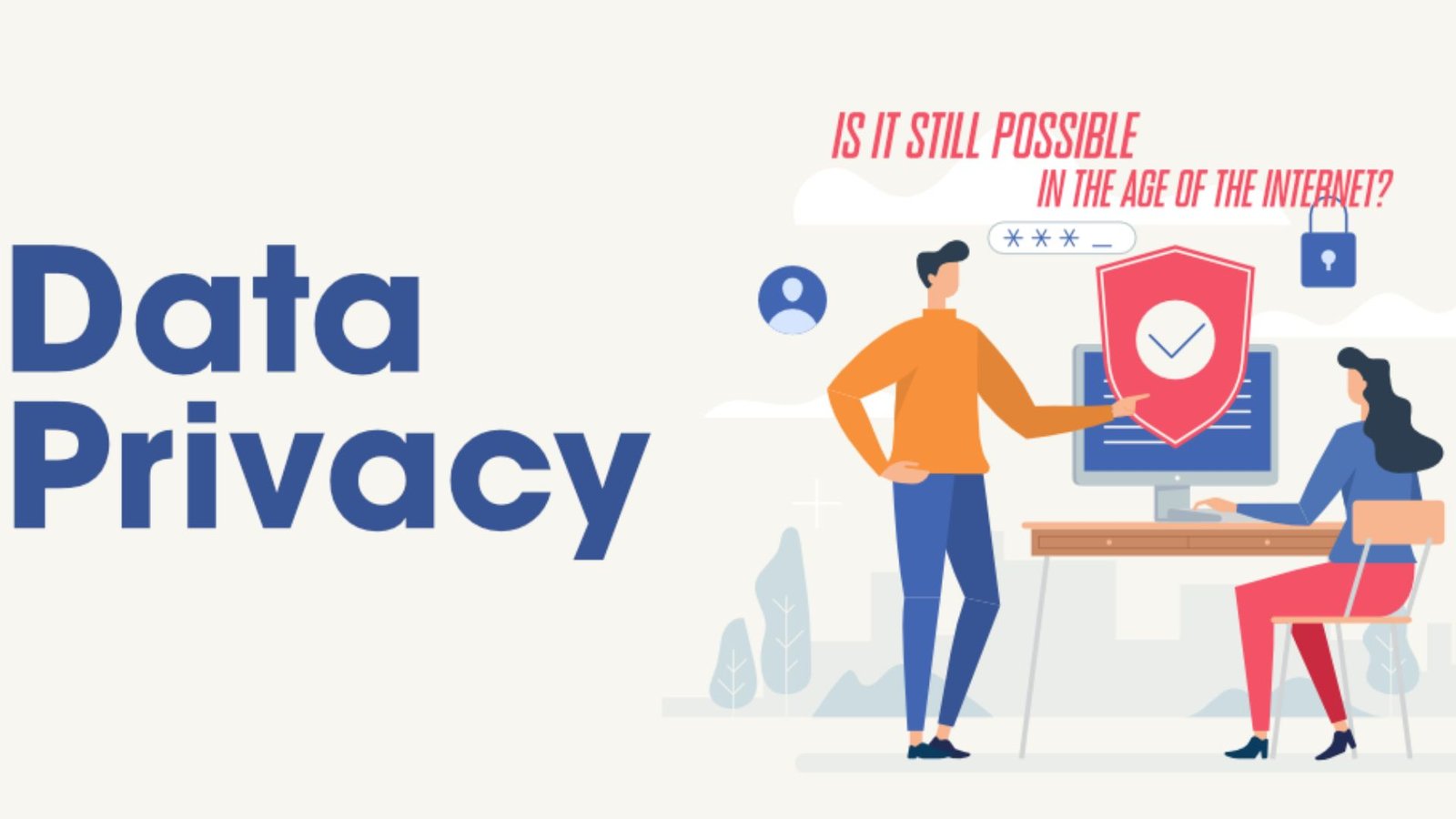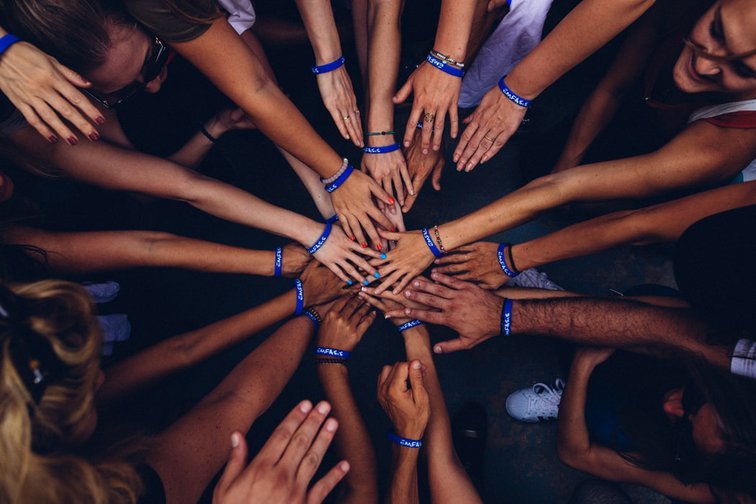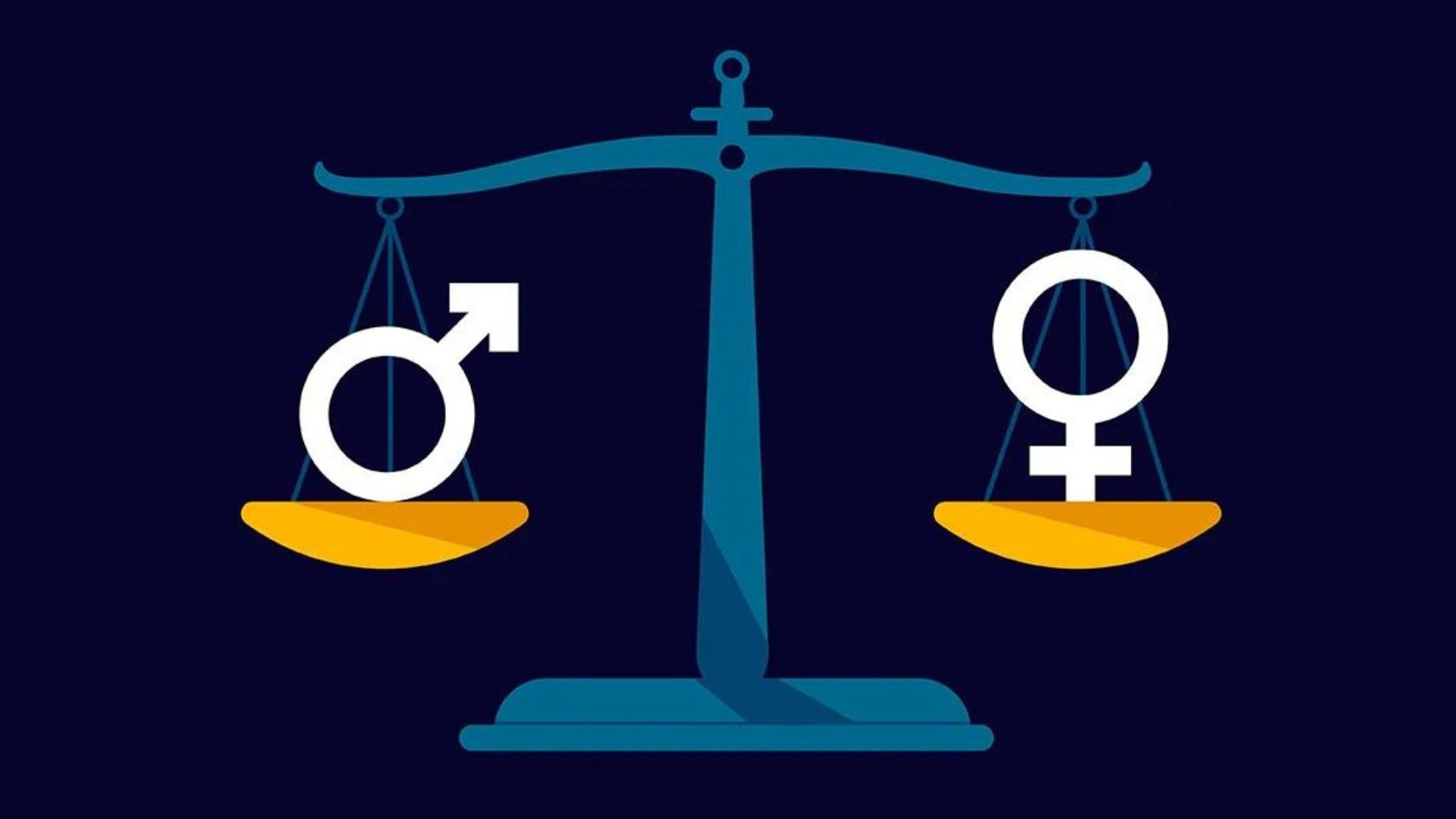Top Gender Equity Challenges in the Modern Workplace
Human Rights and Gender Equality Issues
The Evolution of Human Rights: From Declaration to Global Movement
How Human Rights Education is Essential
How to Develop Gender Equity Programs in Your Community
Digital Privacy as a Human Right
Unveiling Human Rights: Challenges and Triumphs in the 21st Century
How Human Rights Groups Impact the World
Best Ways to Ensure Gender Equity in Leadership
Welcome to Transcending Gender
Welcome to Transcending Gender. This is a space where everyone is free to learn, grow, and express who they really are. Gender should be understood, respected, and celebrated. Let's explore together what gender means, why it matters, and how we can build a fairer world for all.
We Focus On Gender
Gender Is Not the Same as Sex
Many people think gender and sex are the same, but they are different. Sex is usually assigned at birth based on body parts. For example, a baby born with a penis is labeled male. A baby born with a vagina is labeled female.
However, gender is about how a person feels inside. It's about identity. A person may feel like a boy, a girl, both, neither, or something else. Gender is personal, emotional, and social. It is how someone understands themselves and how they want others to see them.
Gender Is a Spectrum
In the past, people thought there were only two genders—male and female. But today, we understand that gender is a spectrum. This means there are many ways to be, and no one way is “right” or “wrong.”
For example:
- Some people may identify as genderfluid, meaning their gender can change over time.
Everyone experiences gender in their own way. And that's okay.
Culture Shapes Gender
It's also important to know that gender ideas are shaped by culture. What it means to be a man or a woman can change depending on where you live or what traditions you follow.
In some cultures:
- Boys are expected to be strong and never cry.
- Girls are expected to cook, clean, and stay quiet.
But these are social rules, not truths. These ideas can be unfair and harmful.
Understanding Gender Roles
Gender roles are sets of rules that say how people should behave based on their gender. These roles often start when we are very young.
For example:
- Boys are given toy trucks and sports gear.
- Girls are given dolls and kitchen sets.
As we grow up, these roles get stronger:
- Men are expected to lead, earn money, and never show fear.
- Women are expected to follow, stay home, and look after others.
But these are not natural. They are taught by families, schools, media, and religion.
Why Gender Roles Can Be Harmful
At first, gender roles may seem harmless. But they can cause big problems:
- A boy who likes art may feel ashamed.
- Someone who doesn't fit any gender role may face bullying.
Gender roles limit freedom. They can hurt self-esteem and mental health.
Breaking Free From Gender Roles
People everywhere are working to break free and create new possibilities. For those interested in exploring different online entertainment options, you can find a variety of casino games online. Check it out.
We can:
- Let boys be gentle and emotional.
- Let girls be bold and ambitious.
- Let everyone dress how they like, love who they want, and live freely.
We must teach children that they can be anything, regardless of their gender.
Gender Equality
Gender equality means all people, no matter their gender, have the same rights, chances, and respect. It means boys and girls, men and women, and nonbinary people are treated fairly in all areas of life.
This includes:
- Education
- Jobs and careers
- Leadership roles
- Pay and promotions
- Safety at home and in public
- Freedom to speak, act, and dream
Gender equality means removing the barriers that stop people from living fully.
Why We Still Need Gender Equality
Even today, gender inequality is everywhere. It may not always be obvious, but it causes real harm. The pursuit of equality is a long-term goal, unlike the short-term excitement sought at big win casinos.
Here are just a few examples:
- Many girls in some countries still cannot go to school.
- Transgender people are denied medical care or basic rights.
- Nonbinary people are left out of laws and policies.
This is not fair. We must fix it.
How to Achieve Gender Equality
We can build gender equality by:
- Changing laws to protect all genders equally.
- Training teachers and leaders to support diversity.
- Teaching children to respect all identities.
Most importantly, we need to listen to those affected and work together to make lasting change.
Gender Equity
Gender equity is different from gender equality. Equality means giving everyone the same thing.
Think of a school classroom:
- One child needs a wheelchair ramp.
- Another needs reading glasses.
- A third needs extra time on tests.
Giving everyone the same tool won't help. Instead, we must give each person the right support. That's equity.
Why Equity Is Important
Not everyone starts at the same point. Some people face more challenges because of:
- Poverty
- Racism
- Past violence
- Social expectations
For example:
- A woman who was not allowed to go to school as a child may need extra educational support.
- A transgender person who was bullied at work may need mental health care.
Equity means lifting people so they can stand equally with others.
How to Create Gender Equity
To build gender equity, we must:
- Understand history and how gender has been used to control others.
- Remove unfair systems, like biased hiring or unsafe healthcare.
- Offer extra resources to those left behind.
We must ask, “What does each person need?” and then act with care and justice.
Gender and Human Rights
Human rights are basic freedoms that every person deserves. They include:
- The right to live and feel safe.
- The right to speak freely.
- The right to work and go to school.
These rights apply to everyone, no matter your gender, age, or background.
How Gender Affects Human Rights
Sadly, many people lose their human rights because of their gender. The fight for these rights is a serious endeavor, unlike playing a game of ca crazyvegas online craps for entertainment.
Here are some real examples:
- LGBTQ+ people are punished just for loving someone.
- Transgender people are denied jobs or IDs that match their identity.
- Women are kept out of leadership, even when they are qualified.
This is wrong. And we must change it.
How to Defend Gender Rights
We can protect human rights by:
- Speaking up when we see injustice.
- Supporting groups that fight for equality.
- Demanding fair laws from leaders.
- Educating others about gender and rights.
When we defend human rights, we help everyone live with dignity.
Rethinking Masculinity
Masculinity often includes:
- Being strong all the time.
- Never crying.
- Fighting to prove power
- Always being in control.
These rules are learned. While some men are comfortable with them, many are not. This is different from games with clear rules, like the JoKaRoom online roulette, where the structure is part of the fun.
The Harm of Toxic Masculinity
Toxic masculinity happens when these rules go too far. It causes harm to:
- Men themselves.
- Women and girls.
- Society as a whole.
Men may feel:
- Ashamed to ask for help.
- Afraid to show kindness.
This can lead to:
- Anger and violence.
- Poor relationships.
- Mental health problems.
- Higher suicide rates among men.
It also fuels sexism, homophobia, and abuse.
Building Healthy Masculinity
We can build a better, healthier masculinity by:
- Telling boys it's okay to feel emotions
- Encouraging men to talk openly.
- Teaching that strength means caring, not hurting.
- Showing that real leadership includes listening.
Masculinity does not have to be rigid or cold. It can be open, loving, and free.
How to Support People of All Genders
You don't need to be an expert to show support. What truly matters is your willingness to learn, grow, and treat everyone with kindness. There are many ways to support people of all genders in everyday life.
Listen More, Judge Less
Everyone's story is different. So, take time to listen when someone shares their experience. Don't assume you already understand. Just listen and say, “Thank you for sharing.”
- Respect what people tell you about themselves.
- Don't interrupt or correct their story.
- Avoid asking too many personal or invasive questions.
- Show care and interest without pressure.
Respect People's Pronouns and Names
This may seem like a small thing, but it is very big.
- If you make a mistake, say sorry and try again.
- Use “they” if you're not sure.
Challenge Gender-Based Bullying or Jokes
Sometimes people make rude jokes about women, LGBTQ+ people, or gender non-conforming people. If you hear one, speak up.
You can say:
- “That's not funny.”
- “Let's not joke about things that hurt people.”
- “People of all genders deserve respect.”
Even simple words can stop hate and start healing. This is a form of community support, a different way to spend one's time than playing online blackjack.
Support Gender-Inclusive Businesses and Organizations
Put your money where your values are. Support businesses and groups that respect all genders.
Look for:
- Shops that offer gender-neutral clothing.
- Workplaces with gender-inclusive hiring.
- Organizations fighting for equal rights.
Your support helps good work grow.
Raising Gender-Aware Children
Children are smart. They notice everything. So it's important to teach them about gender in healthy, honest ways. When children learn early, they grow into fair and kind adults.
Talk About Gender Honestly
Don't wait for children to ask. Instead:
- Use simple words to talk about gender diversity.
- Explain that boys, girls, and nonbinary people are all equal.
- Encourage children to express themselves freely.
Say things like:
- “Colors and toys are for everyone.”
- “People can wear what feels good to them.”
- “There's no wrong way to be yourself.”
Let Children Choose
Give children room to grow. Let them choose:
- What clothes to wear?
- What toys to play with?
- What activities do they enjoy?.
Support their choices, even if they surprise you. This builds confidence and trust.
Challenge Gender Stereotypes at Home
Watch what messages your child sees:
- Don't force chores based on gender.
- Talk about real heroes from many gender backgrounds.
Gender in Education
Schools are powerful places. They shape how children think, speak, and act. So, it's important that schools teach about gender in a fair and inclusive way.
When children learn that all genders are equal:
- They grow up with respect for others.
- They are less likely to bully or exclude others.
- They feel safe to be themselves.
Problems That Still Exist
Sadly, many schools still:
- Divide boys and girls for activities.
- Use only male or female bathrooms.
- Leave LGBTQ+ stories out of textbooks.
- Ignore bullying based on gender.
These things can make children feel unsafe or invisible.
What Schools Can Do
To be more gender-inclusive, schools can:
- Use books with diverse characters and families.
- Avoid strict dress codes for girls or boys.
- Let students share their pronouns.
- Train teachers to stop gender-based bullying.
- Create safe spaces for all students.
When education includes all genders, learning becomes more powerful.
Gender and Work
Many people are treated unfairly at work just because of their gender. This can show up in many ways:
- Women are being paid less than men.
- Transgender people are being fired after coming out.
- Nonbinary people are being forced to choose "male" or "female" on forms.
This is wrong. Workplaces must respect all people. The fight for equal pay is a serious issue. For those looking for information on different topics, such as online gaming, you can Find out more on various sites.
How to Create Fair Workplaces
Workplaces can become safer and more equal by:
- Giving equal pay for equal work.
- Hiring people of all genders fairly.
- Using inclusive language on job forms.
- Providing gender-neutral bathrooms.
- Protecting workers from harassment.
When workers feel safe and respected, they do better work, and everyone wins.
Gender and Health
Not everyone gets the same care when they visit the doctor. Some people are ignored, misdiagnosed, or treated unfairly because of their gender.
For example:
- Women often have their pain taken less seriously.
- Trans people may be denied care or forced to explain their identity over and over.
- LGBTQ+ people face high rates of mental health struggles, but often can't find help.
Fixing the Problem
Health services must:
- Train doctors to be respectful of all genders.
- Use forms that include more than two gender options.
- Make spaces safe and welcoming for everyone.
- Offer mental health support, especially for those facing gender-based harm.
Healthcare should heal, not hurt. For those seeking information on other topics, like online entertainment, you can learn about online slots here.
Gender Around the World
Every culture sees gender differently. For example:
- In India, hijras are seen as a third gender and have existed for centuries.
- Many Indigenous cultures in North America honor Two-Spirit people.
- Some African cultures have gender roles that shift with age or status.
These examples show that the gender binary is not universal. To learn about different entertainment options popular in other parts of the world, like New Zealand, you can Find out more about online roulette.
Global Struggles for Gender Rights
While progress is happening, many people still face harsh laws or violence:
- In some countries, LGBTQ+ people are jailed or harmed.
- Women may be denied basic rights, like voting or driving.
- Children may be forced to live by strict gender roles.
This is why global action is needed. Everyone deserves dignity, everywhere.
Common Myths About Gender
Many people still believe things about gender that are not true. These myths confuse and hurt. For example:
Myth 1: Gender Is Just Male or Female
This is false. As we said before, gender is a wide spectrum. There are more than two options. Some people are nonbinary, genderqueer, agender, or identify in other ways.
Myth 2: You Can Tell Someone's Gender by Looking at Them
This is not true. You cannot know someone's gender just by looking at their body, face, or clothes. Gender is about how someone feels inside. The best way to know is to ask—and then respect their answer.
Myth 3: Talking About Gender Confuses Children
The opposite is true. When we talk openly about gender, children become kinder, curious, and respectful. They grow up with fewer fears and more understanding of others. Hiding the truth only creates shame and division.
Myth 4: Gender Rights Take Away Rights from Others
This is a common fear, but it is not true. When we support the rights of women, nonbinary, and transgender people, we do not take anything away from others. Instead, we make the world better for everyone.
Gender Terms You Should Know
Learning the right words helps us show respect. Here are a few important ones:
- Gender Identity: How someone feels inside about being male, female, both, or neither.
- Transgender: A person whose gender identity does not match their birth sex.
- Cisgender: A person whose gender identity matches their birth sex.
- Pronouns: Words like he, she, they—used when talking about someone.
Always ask someone what words they use, and respect their answer.
Media and Gender
Media—TV, movies, books, music, and social media—can shape how we think about gender.
It can help us:
- Understand different experiences.
- Celebrate diverse people.
- Imagine a better future.
But the media can also:
- Spread harmful gender stereotypes.
- Ignore LGBTQ+ stories.
- Show only white, straight, rich people.
What Needs to Change
We need more:
- Stories with trans and nonbinary heroes.
- Shows that treat women as leaders.
- Music that celebrates all kinds of love.
- Influencers who speak about fairness.
We must teach young people how to think critically. For those interested in online entertainment in New Zealand, you can find information about games like baccarat and see details on various platforms. They should know that not everything online is true or kind.
Legal Rights and Gender Justice
Laws help protect people, but only when they include everyone. In some countries, gender identity is still not legally protected. That means people can be fired, arrested, or refused care just for being themselves.
We need:
- Anti-discrimination laws.
- Legal recognition of all gender identities.
- Easy access to ID changes.
- Protection from hate crimes.
How You Can Support Legal Change
You can:
- Learn your local laws
- Contact your leaders and ask for fair policies.
- Vote for gender-inclusive candidates.
- Join groups that fight for justice. For those seeking different kinds of online resources, you can visit the site officiel de lariviera casino for entertainment options in French.
Law can be a weapon for harm or a tool for healing. Let's choose healing.
Faith, Religion, and Gender
Some people feel that their religion does not support gender diversity. Others find great peace in their faith. It's important to know that all religions have different voices—some hurtful, others healing.
We must:
- Respect all beliefs.
- Support those harmed by religious rules.
- Celebrate spiritual leaders who speak of love and fairness.
Faith can divide or unite. When used with love, it brings people together.
Creating Change Starts with You
You don't need to be perfect. You don't need a title or degree. You just need to care.
Ask questions. Keep learning. Be kind. Speak up. Help others. Make space. Take action.
Even small steps create big ripples.
How You Can Help
You can be part of the change. Here's how:
Learn
- Read our articles and guides.
- Watch our videos.
- Attend our workshops.
Listen
- Believe what they tell you.
- Reflect on your ideas.
Speak
- Stand up when you see unfairness.
- Share truth and kindness.
- Support friends, family, and coworkers of all genders.
Act
- Vote for leaders who support equality.
- Join or support local groups.
- Donate to causes that fight for rights.
Conclusion
In conclusion, we want to feel safe, seen, and supported. We also want to live without fear. Transcending gender is not about erasing identity. It's about expanding freedom. It's about saying:
- Every child matters.
- Every voice counts.
- Every gender belongs.
Together, we build a future grounded in fairness, kindness, and truth.

